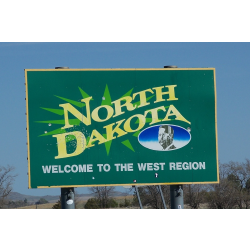
Nursing is a lucrative and in-demand profession. In fact, the Bureau of Labor Statistics reports that the U.S. is home to more than 2.7 million registered nurses (RNs). This figure is expected to increase by 19 percent over the next decade. To join this fast-growing field, many aspiring RNs choose to enroll in a bachelor of science in nursing (BSN) program.
Overview of the BSN degree
BSN programs prepare aspiring RNs for important work such as assisting doctors during surgery, conducting lab tests, supervising junior nursing staff, administering medications, and providing support to patients and family members. A traditional prelicensure BSN program requires four years to complete. This pathway includes coursework in human anatomy, nutrition, physiology, biology, nursing trends, and emergency care. Existing nurses who hold an associate’s degree in nursing (ADN) may opt instead for an RN-to-BSN program. This pathway gives nurses credit for their ADN education and work experience, enabling them to earn a BSN degree in a streamlined manner, often while working.
Seven of North Dakota’s colleges and universities offer a state-approved BSN program. The largest nursing cohorts are graduated each year by the state’s preeminent public schools: University of North Dakota and North Dakota State University. Local RNs earn $55,400 per year; those with BSN degrees frequently receive top-quartile pay of $62,260-plus annually. North Dakota is home to a wide variety of major hospitals that routinely hire promising graduates, including St. Alexius Health, Sanford Fargo Medical Center, and Altru Hospital.
In order to compete in the growing field of nursing, you must start with the right school. Browse our detailed list below of North Dakota’s bachelor of science in nursing programs.
